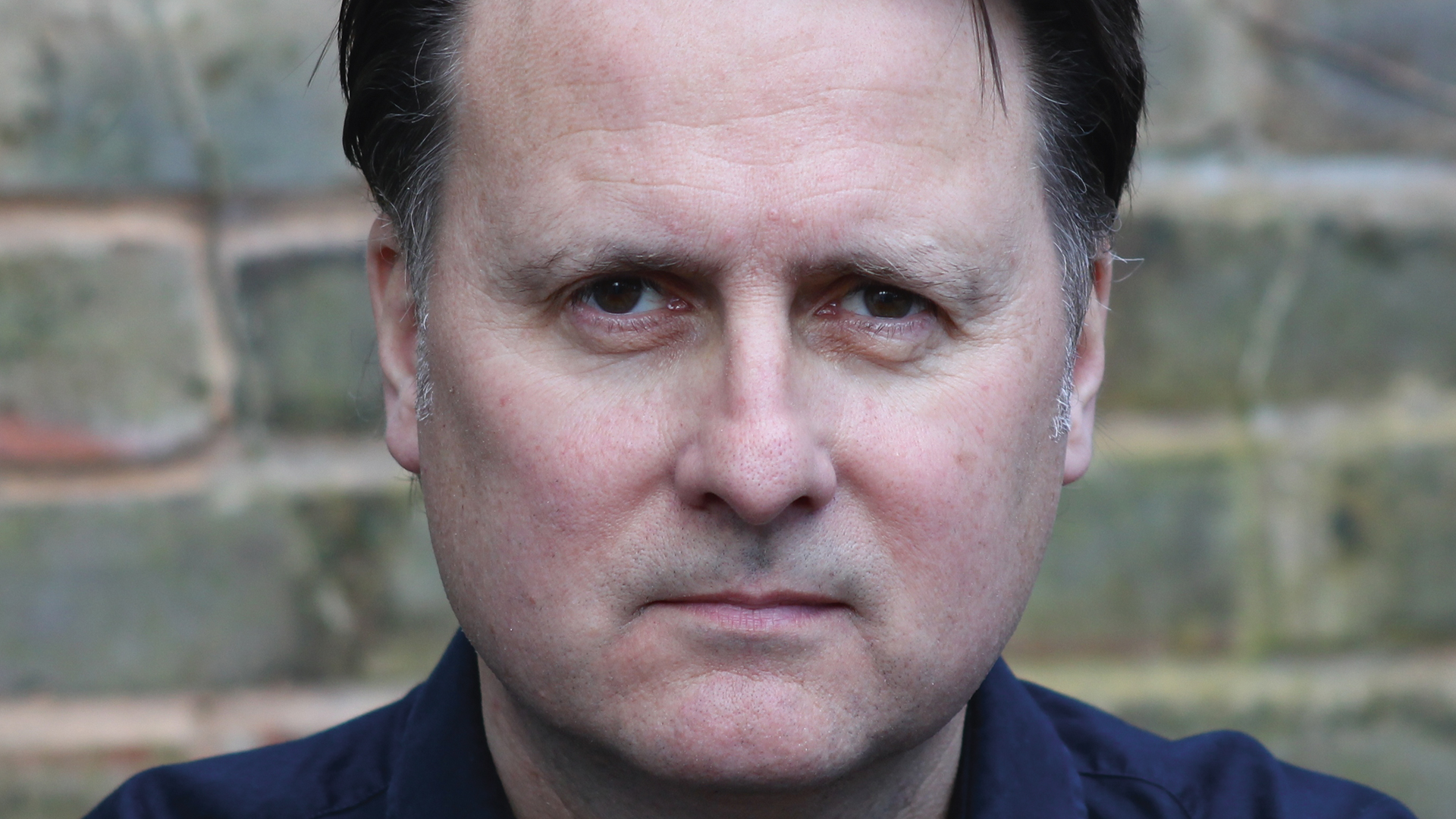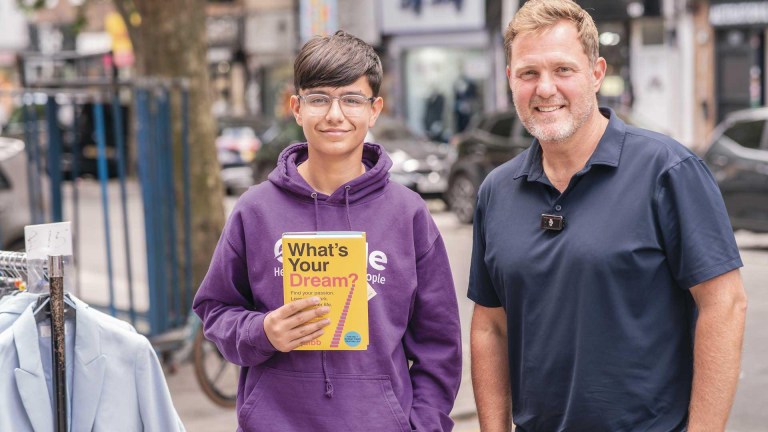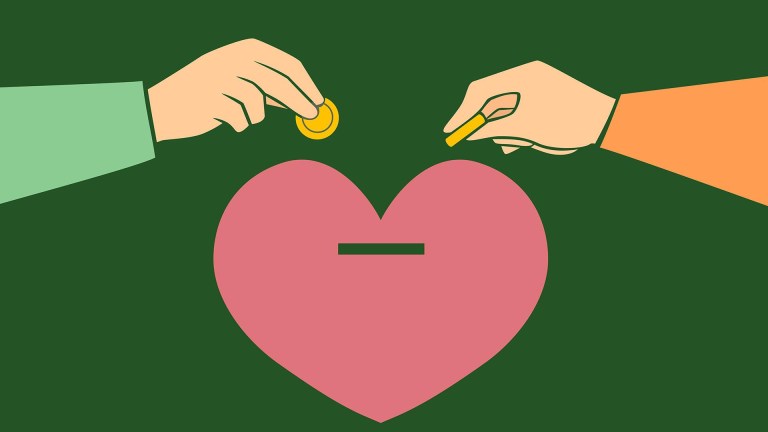The woman in front of me in the queue for the cash machine at Sainsbury’s was modestly dressed, not at first glance in poverty but certainly not rich. She took her place at the hole in the wall, and with no concealment of her PIN gently pressed the keys on the pad. She turned and smiled as she waited for the balance to show then let out a slight howl as she registered that there was only £30.55 left in her account. It was clear why there was no need to conceal her number.
My heart sank for her. I knew that feeling. She turned to me again after punching the £10 withdrawal button and taking her cash into the store. Her warm smile had been replaced by a tired, well-worn but still dignified acknowledgement that once again it was going to be a tough weekend with only £20.55 left in her account.
As I pushed the same keys to find out my balance, I couldn’t shake off the utter helplessness I felt not only for the woman but also for myself, knowing that my balance wasn’t going to be much better. It showed up £45. That was all I had in the world and I could have done with keeping it in the account until the following week, but had promised my wife and our two two sons that I would do a shop for veggie burgers and chips on the way back so had got off the bus to make a special trip to Sainsbury’s.
After shrewdly spending just £20.35 on over 15 items I set about my route home to our rented house. I passed the same woman, sitting on the piss-ridden, dusty pavement while waiting for her bus, defeated as the reality of her situation had again been highlighted in the cruellest way possible. Nobody was willing to help her out of her grind. Her bags held a loaf of bread, four cans of beans, a pint of milk, apples, some chocolate and 10 fags.
Mentally, I made a tally of what she had spent and there it was… £10. A tenner buys you the absolute basics, the bare minimum. No luxuries in the way other people see luxuries, 10 fags her only pleasure. And that will be vilified by some as a luxury and one that costs the NHS – “so why doesn’t she stop smoking to save herself more money?” – an ironic argument always made at a dinner party full of meat eaters guzzling multiple bottles of wine, all heightening the risk of putting them in hospital by the age of 60 also.
Hopefully giving a voice to the unheard & highlight the silent killer out there that is claiming so many lives. The stats for debt related suicide are rising & we must fight it collectively. No one wants to be in debt. So let's give support & help to save lives✌✌ https://t.co/RNGiBxTOdI
— Gary Webster (@RealGaryWebster) October 7, 2019










